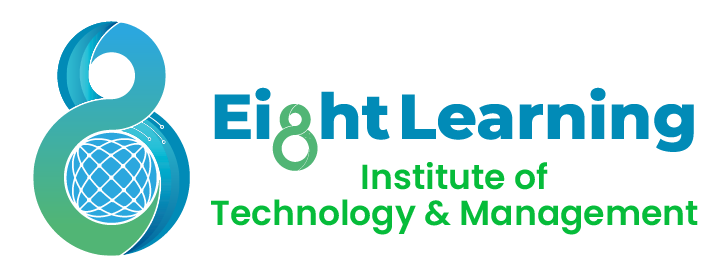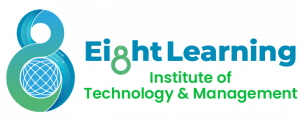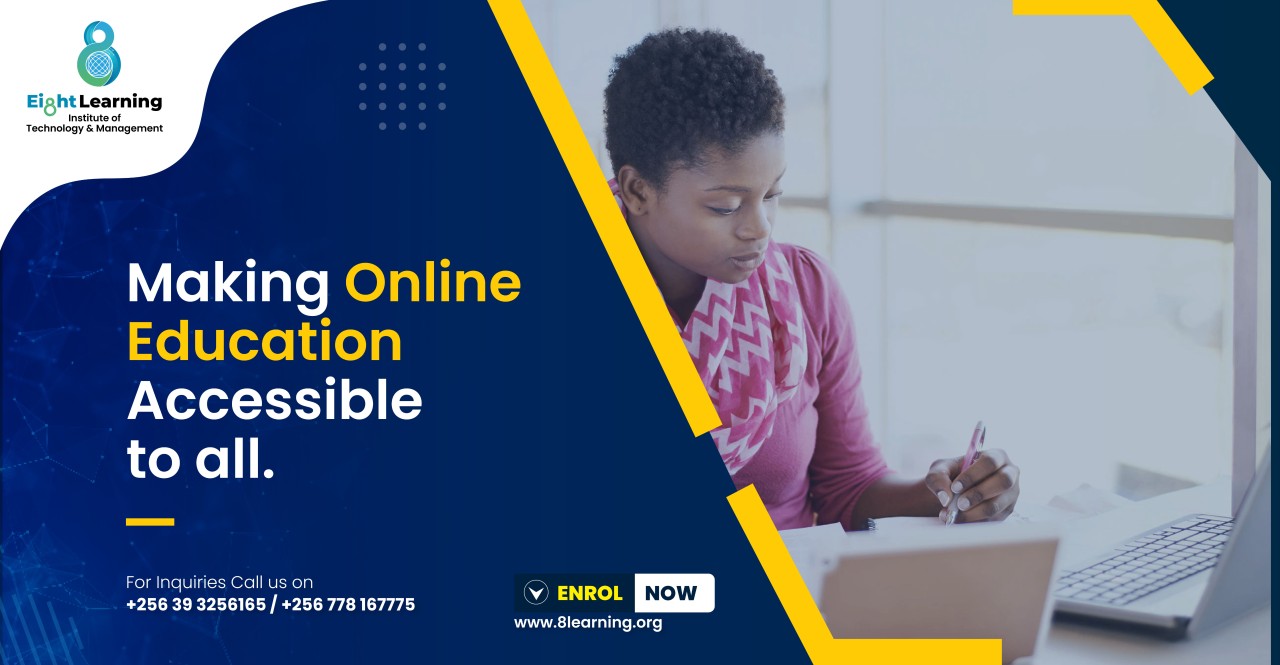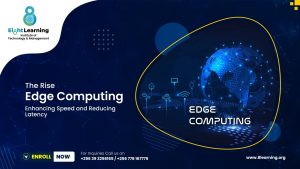Access to education is now more crucial than ever. However, traditional barriers such as geographical distance, financial constraints, and physical disabilities have often limited individuals’ ability to pursue learning opportunities. With the rise of online education, there’s been a transformative shift in the educational landscape, promising greater accessibility and flexibility. Yet, even in the digital realm, barriers persist, preventing students from fully benefiting from online learning platforms. In this article, we’ll explore the importance of breaking down these barriers and making online education truly accessible to all.
1. Geographical Accessibility: Geographical distance has long been a significant barrier to education, particularly for those living in remote or rural areas. Online education has the potential to overcome this obstacle by providing access to courses and resources from anywhere with an internet connection. However, challenges such as limited internet infrastructure and connectivity issues still exist, disproportionately affecting individuals in underserved regions. To address this, efforts must be made to expand internet access and invest in infrastructure development to ensure that no one is left behind.
2. Financial Accessibility: Cost has always been a major barrier to education, with tuition fees, textbooks, and other expenses often placing higher education out of reach for many. While online courses may be more affordable than traditional in-person programs, they’re not always free, and additional costs such as technology requirements can still be prohibitive. To make online education truly accessible, it’s essential to offer low-cost or free options, as well as financial aid and scholarships for those in need. Additionally, providing access to open educational resources (OER) can help reduce financial barriers by offering high-quality educational materials at no cost.
3. Digital Literacy and Accessibility: Digital literacy and accessibility are critical factors in ensuring that everyone can participate in online education. Individuals with disabilities may face barriers in accessing online content if it’s not designed with accessibility in mind. This includes features such as screen reader compatibility, captioning for videos, and adjustable font sizes. Moreover, digital literacy skills are essential for navigating online learning platforms effectively. Efforts must be made to provide training and support to enhance digital literacy skills among learners, ensuring that no one is excluded due to a lack of technological proficiency.
4. Language and Cultural Accessibility: Language and cultural barriers can also hinder access to online education, particularly for non-native English speakers and individuals from diverse cultural backgrounds. Providing courses in multiple languages and incorporating diverse perspectives into course content can help make online education more inclusive and accessible to learners from different linguistic and cultural backgrounds. Additionally, offering support services such as translation services and culturally sensitive resources can further enhance accessibility and promote diversity and inclusion in online learning environments.
5. Support Services and Community Engagement: Finally, providing comprehensive support services and fostering a sense of community are essential for ensuring the success of online learners. This includes offering academic advising, tutoring, and counseling services, as well as creating opportunities for peer interaction and collaboration. Building a supportive online learning community can help mitigate feelings of isolation and enhance engagement and retention rates among learners.
So, while online education holds great promise for expanding access to learning opportunities, it’s essential for us to recognise and address the barriers that still exist. By prioritizing efforts to improve geographical, financial, digital, linguistic, and cultural accessibility, we can ensure that online education is truly inclusive and equitable, empowering individuals from all backgrounds to pursue their educational goals and unlock their full potential. Breaking down these barriers isn’t just about providing access to education—it’s about creating a more equitable and inclusive society for all.





